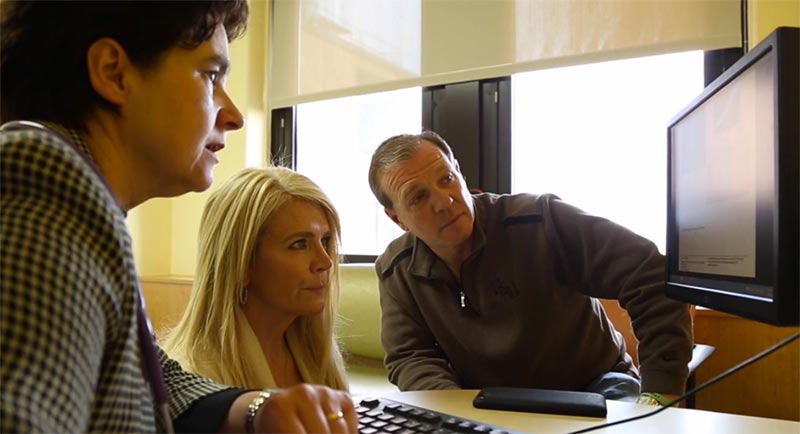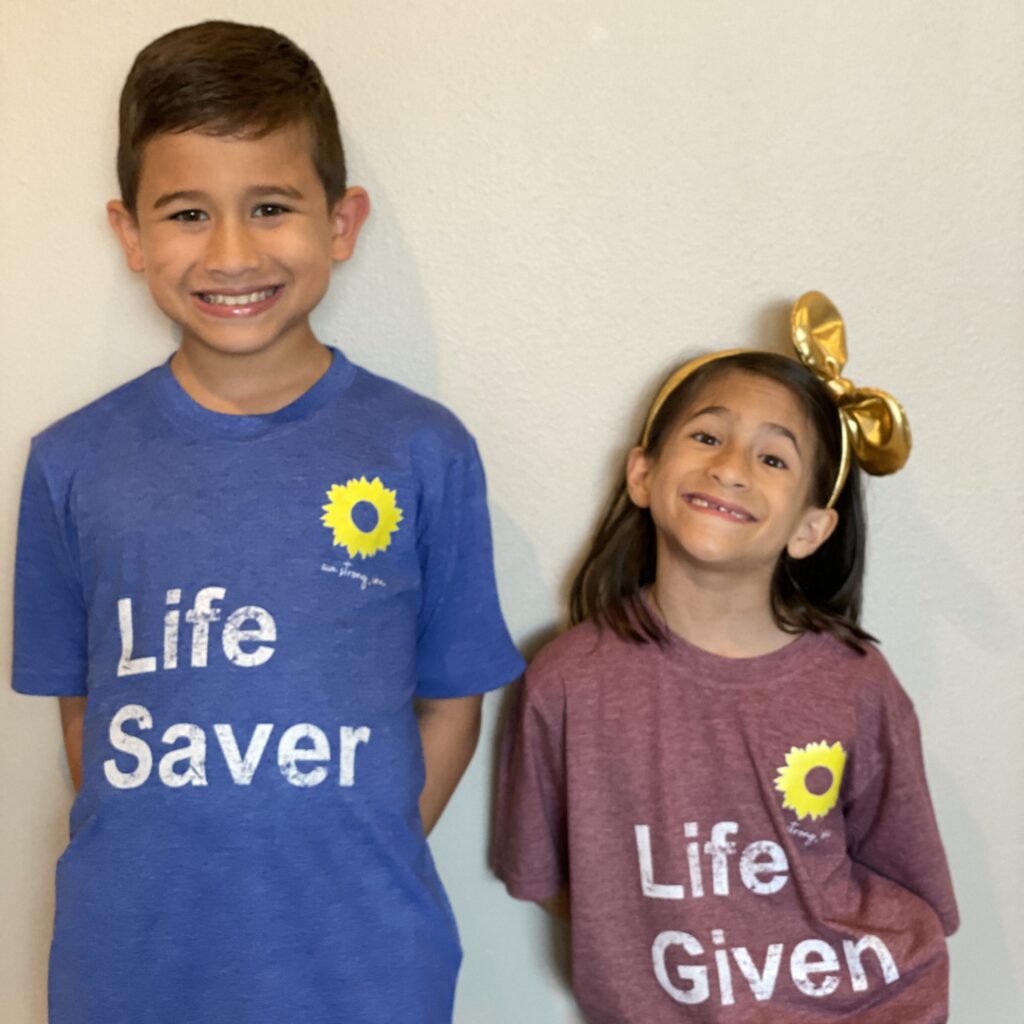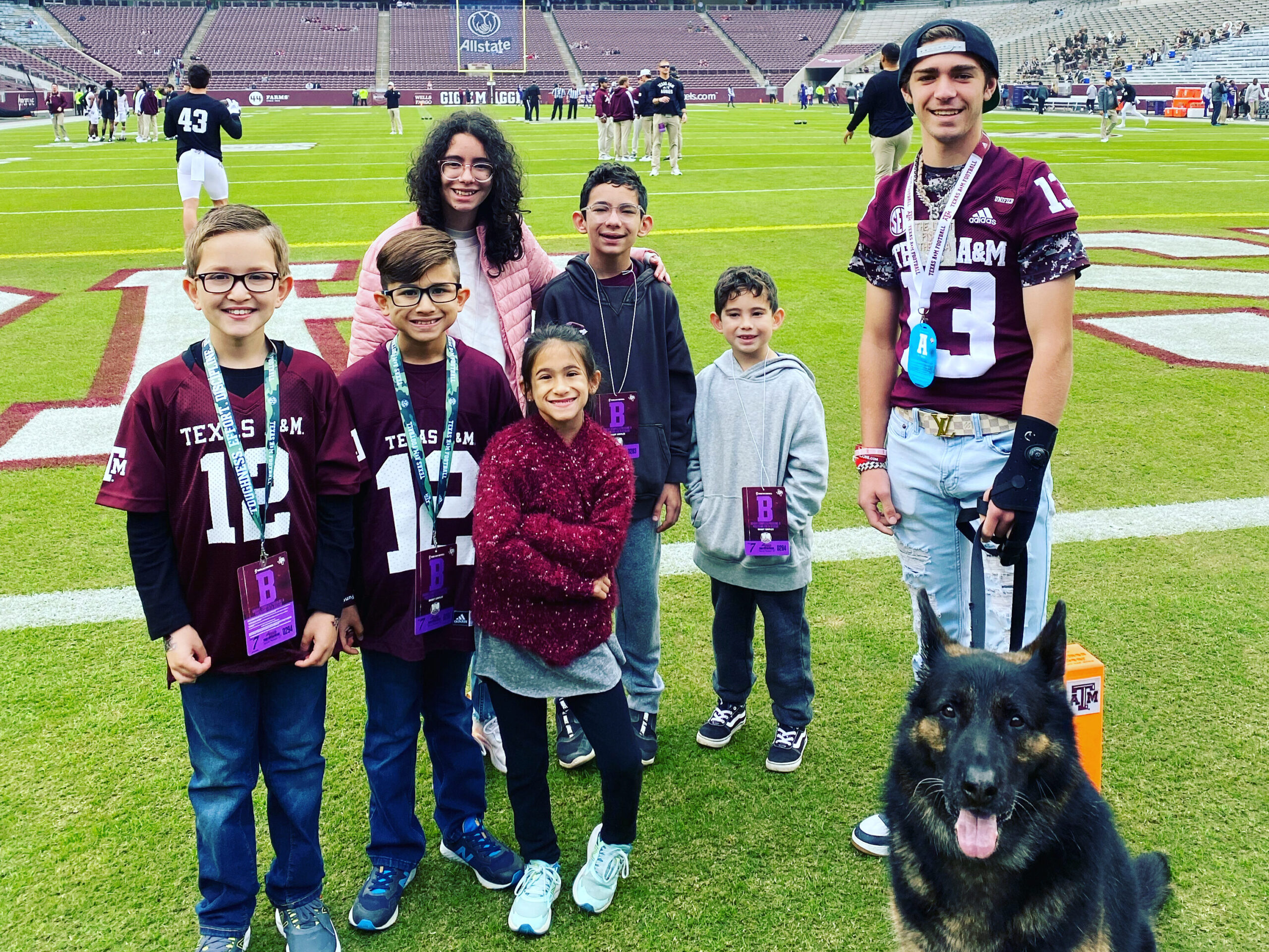For every child diagnosed with FA, countless family and friends are affected
A healthy child. It’s the one thing every parent hopes for starting before that child is even born. But even children who seem healthy at birth can show signs of Fanconi anemia in later years, and when that fateful diagnosis comes it’s the hardest thing any family can deal with. So here are a few facts to help parents, relatives and friends of anyone dealing with FA.

FA is a genetic disorder with no known cause
And because it is a recessive disorder, even children whose parents both have a defect in one of the genes that causes FA have just a 25% chance of developing the disease. The disease affects just 1 in 131,000 Americans. There’s nothing that parents of children with FA could have done to prevent this unlikely event from occurring. And while that won’t change the fact that their child has FA, it’s an important detail for families to know.

FA affects all genders and ethnicities
Male, female or transgendered. Black, White, Latino, Asian or any other ethnicity…no one is beyond the reach of FA. Families of children with FA are bound together by something that crosses all other barriers, and that can be a source of strength when many individuals come together as one to fight for a common goal of eliminating this disease.
The life expectancy for individuals with FA is 33 years, and continues to rise
Many FA patients are now living into their 30’s, 40’s and 50’s—something that was almost unheard of not long ago. And with each advance in research and treatment, outcomes and quality of life are improved for those dealing with the disease. But research needs funding, testing requires resources and finding a cure will take time. So we rely on the generosity of others to help us fight Fanconi on behalf of those we love and others we may not even know dealing with similar circumstances.
Everyone with FA is different
A healthy child. It’s the one thing every parent hopes for starting before that child is even born. But even children who seem healthy at birth can show signs of Fanconi anemia in later years, and when that fateful diagnosis comes it’s the hardest thing any family can deal with. So here are a few facts to help parents, relatives and friends of anyone dealing with FA.

The best way to help someone with FA is just to show up
Hang out with them. Love them. Be a friend, an aunt, a cousin or whatever fits. Joke with them. Argue with them. But be with them, because everyone on this planet needs friendship and support, whether they have FA or not.

Additional information is out there
It’s always a good idea to do your homework. We hope that this site is informative, but for more information on FA, we also recommend visiting the Fanconi Anemia Research Fund at Fanconi.org.
Share your story with us
The FA community is a small and supportive community. Engage with the Kidz1stFund team by sharing your story, telling us where you are in the battle and let us connect you with those that have been there. We love sharing new advances in research with our FA family, meeting you while we are traveling, and supporting your family on this journey
